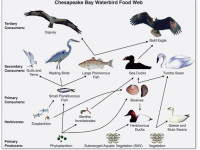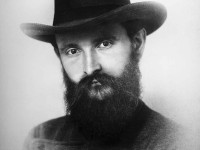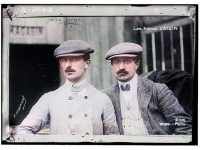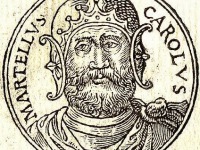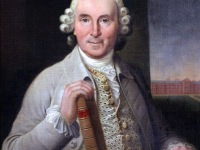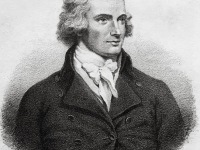2001: A Space Odyssey
On April 2, 1968, Stanley Kubrick’s seminal film “2001: A Space Odyssey” premiered at the Uptown Theater in Washington, D.C. Thematically, the film deals with elements of human evolution, technology, artificial intelligence, and extraterrestrial life. It is notable for its scientific accuracy, pioneering special effects, ambiguous imagery, sound in place of traditional narrative techniques, and minimal use of dialogue. Despite initially receiving mixed reactions from critics and audiences alike, today 2001: A…
Read more


